China's embassy in London has warned that Britain's diplomacy will go nowhere if it follows the Cold War playbook, in answer to repeated accusations against China by United Kingdom Secretary of State for Foreign, Commonwealth and Development Affairs Liz Truss during her current visit to Australia.
The China-bashing Truss, who replaced Dominic Raab in her position last year, delivered a speech at the Lowy Institute of Australia, in which she mentioned China several times, groundlessly blaming China for exerting "economic coercion" against other countries, and working more closely with Russia.
She called on the UK and Australia to work with some other countries to "defend economic security and freedom".
"What the people are seeing is parroting of United States rhetorics in the speech, drawing lines along ideology and discrediting other sovereign countries regardless of facts. This is an attempt to justify the move to create the small circles, which has inflicted negative impact on regional peace and stability," said a spokesperson for the Chinese embassy in a statement on Saturday night.
"Today's world is a far cry from the one 40 or 50 years ago. The Cold War is long gone," the spokesperson added. "In the face of global challenges including pandemics, what the international community needs is solidarity and cooperation, not division or confrontation."
According to the statement, the accusations against China in Truss' speech are full of disinformation about China, as well as the current international situation.
"What the people are seeing is China taking concrete measures in the spirit of a community with a shared future for mankind, and always striving to be a defender of world peace, a contributor to global development and an upholder of international order. Facts are facts. They will not be shaken because of the disinformation by a few," the spokesperson continued.
Previously, the Chinese embassy had strongly condemned the joint statement made at the Australian-United Kingdom ministerial meeting regarding issues relating to Taiwan, Xinjiang, Hong Kong and the South China Sea.
An embassy spokesperson said the China-related contents of the statement "distort facts and confuse right and wrong by deliberately discrediting China on issues related to Taiwan, Xinjiang, Hong Kong and the South China Sea.
"This is a blatant interference in China's internal affairs and severe violation of international law and the basic norms governing international relations. We express grave concern and strong opposition," the spokesperson said.
The spokesperson stressed that issues concerning Taiwan, Xinjiang and Hong Kong are purely China's internal affairs that no foreign country has the right to interfere in.
"No one should underestimate the strong determination, will and capability of the Chinese people to safeguard national sovereignty and territorial integrity," the spokesperson added.
Currently, the biggest threat to peace and stability in the Taiwan Straits is that the Taiwan authorities, headed by the Democratic Progressive Party, are colluding with external forces and playing a provocation game with "Taiwan independence", according to the spokesperson.
"We urge the relevant countries to uphold the one-China principle and refrain from having official relations of any form with Taiwan, or giving any encouragement to secessionist activities in the name of 'Taiwan independence'," the spokesperson added.
The spokesperson said so-called Xinjiang-related issues have nothing to do with human rights, ethnic groups or religious affairs, but everything to do with fighting terrorism, separatism and extremism, adding that "the basic rights of people of all ethnic groups are fully safeguarded. The allegation that there are 'severe human rights violations' in China's Xinjiang (Uygur autonomous region) is merely a barefaced lie."
Commenting on issues relating to Hong Kong, which is a special administrative region of China, the spokesperson said that it is governed in accordance with the Constitution of China and the Basic Law of Hong Kong Special Administrative Region, not the Sino-British Joint Declaration.
The enforcement of the Law on Safeguarding National Security and the improvement of the electoral system in Hong Kong have facilitated the implementation of "one Country, two systems", and ensured the city's lasting stability and prosperity, the spokesperson said.
On the issue of the South China Sea, the spokesperson said: "China remains unwavering in its determination to safeguard its sovereignty, territorial integrity and maritime rights and interests. It also remains committed to addressing the disputes in a peaceful manner together with the relevant countries and working with Association of Southeast Asian Nations countries to safeguard peace and stability in the region."
Certain countries outside the region sent naval vessels and aircraft to the region to flex military muscle and stir up trouble, the spokesperson said. "This has become the biggest threat to peace and stability in the South China Sea, which the Chinese side strongly opposes."
The spokesperson also said the so-called South China Sea arbitration is "illegal, null and void" and China does not accept or participate in the arbitration.
"AUKUS (the trilateral security pact between Australia, the UK, and the US) has gravely undermined regional peace and stability, intensified the arms race, and had a severe impact on the international non-proliferation system. Therefore, more and more countries have expressed vigilance and rejection," the spokesperson added.









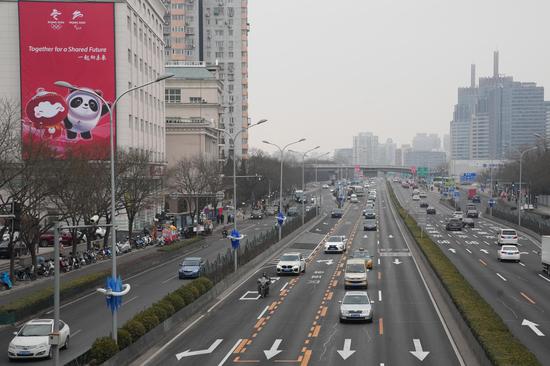


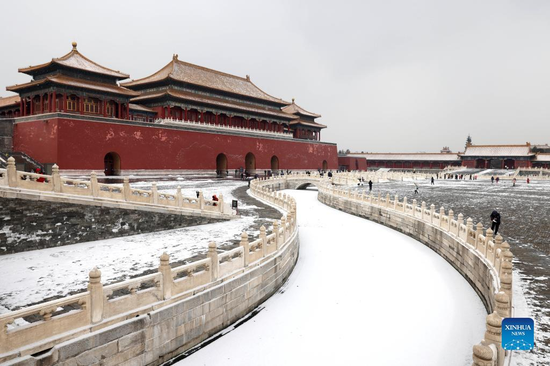


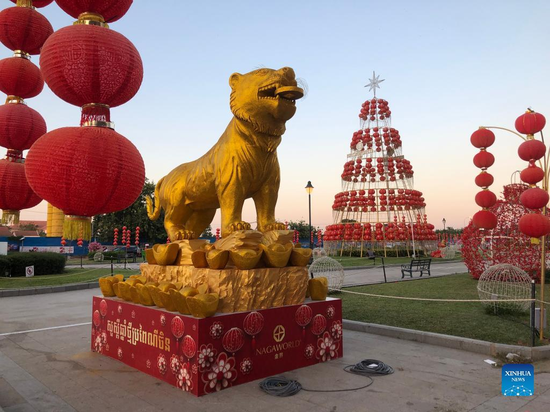
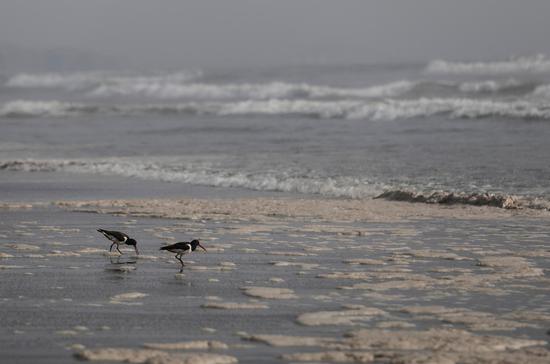
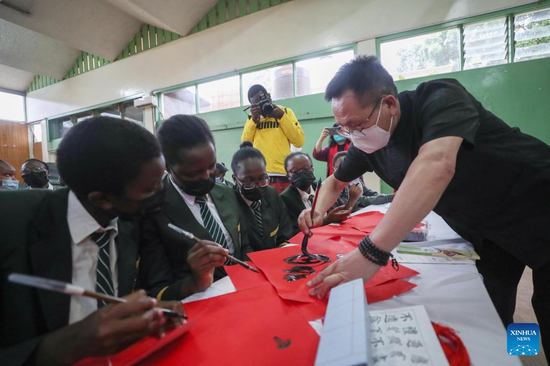

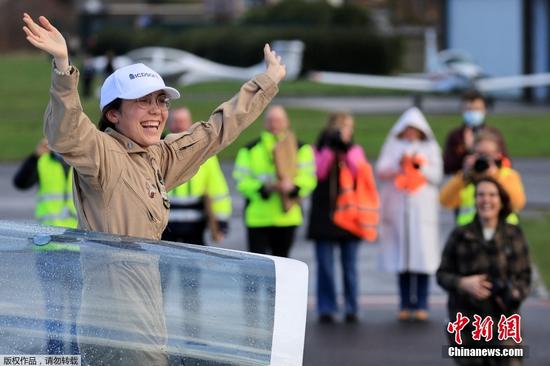

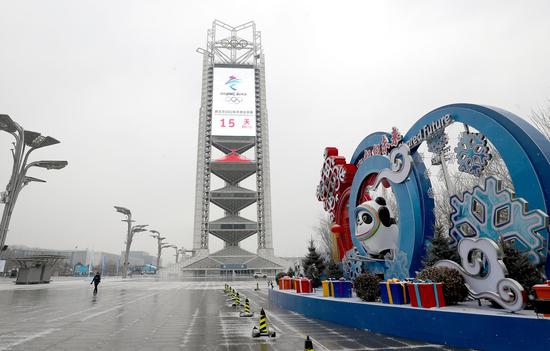
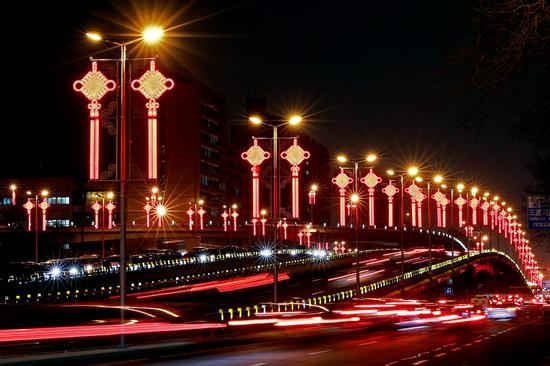

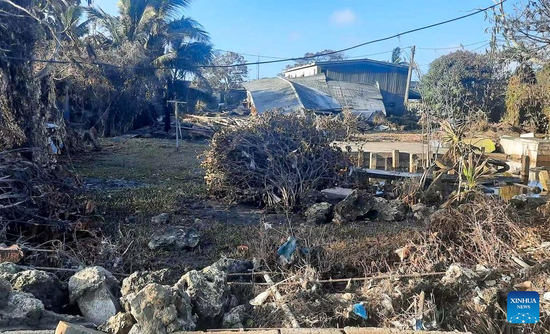

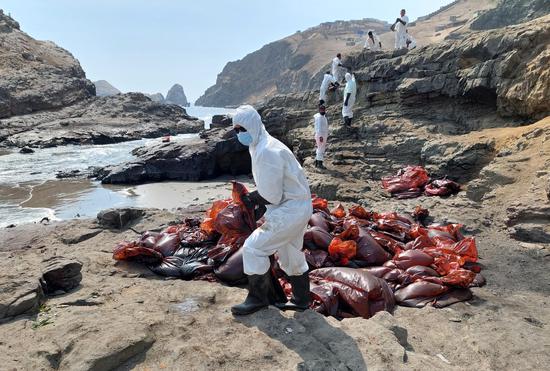
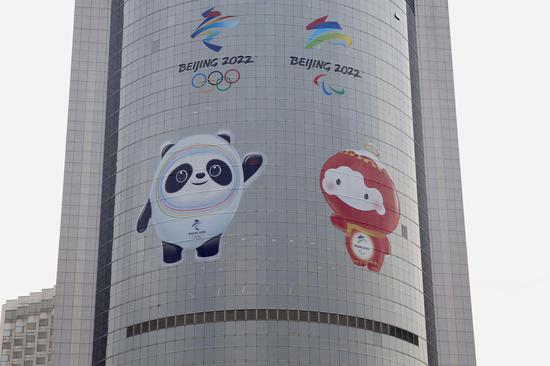
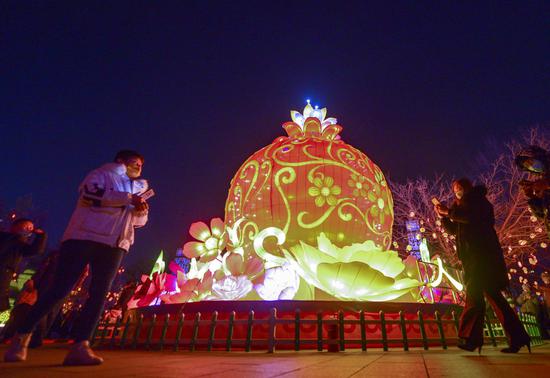


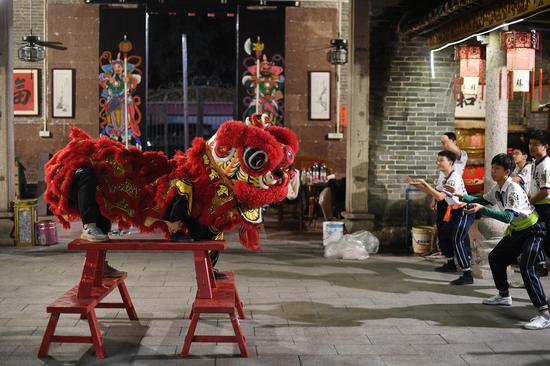


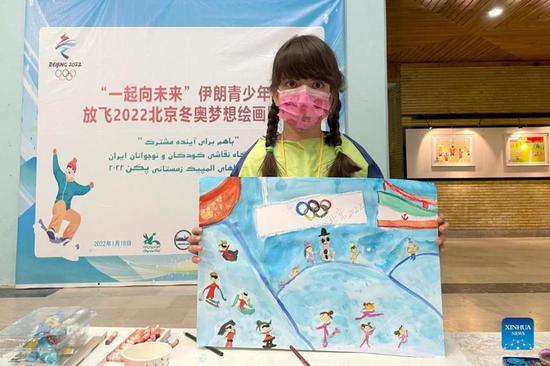
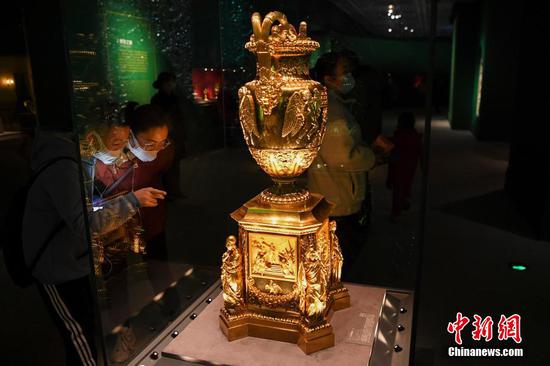
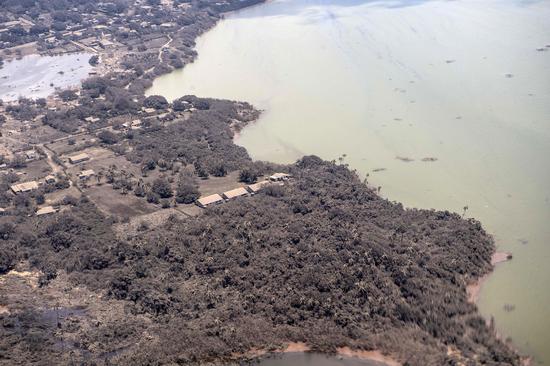
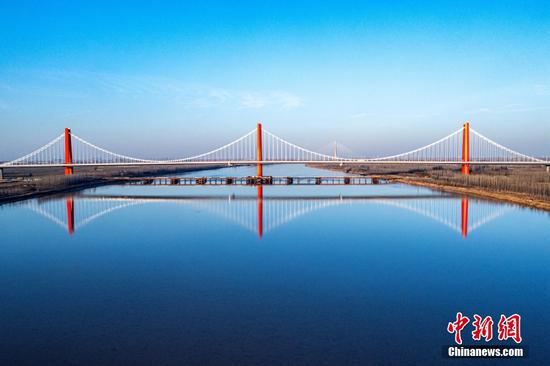
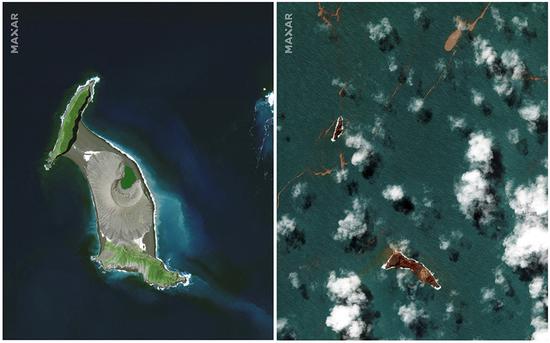










 京公网安备 11010202009201号
京公网安备 11010202009201号